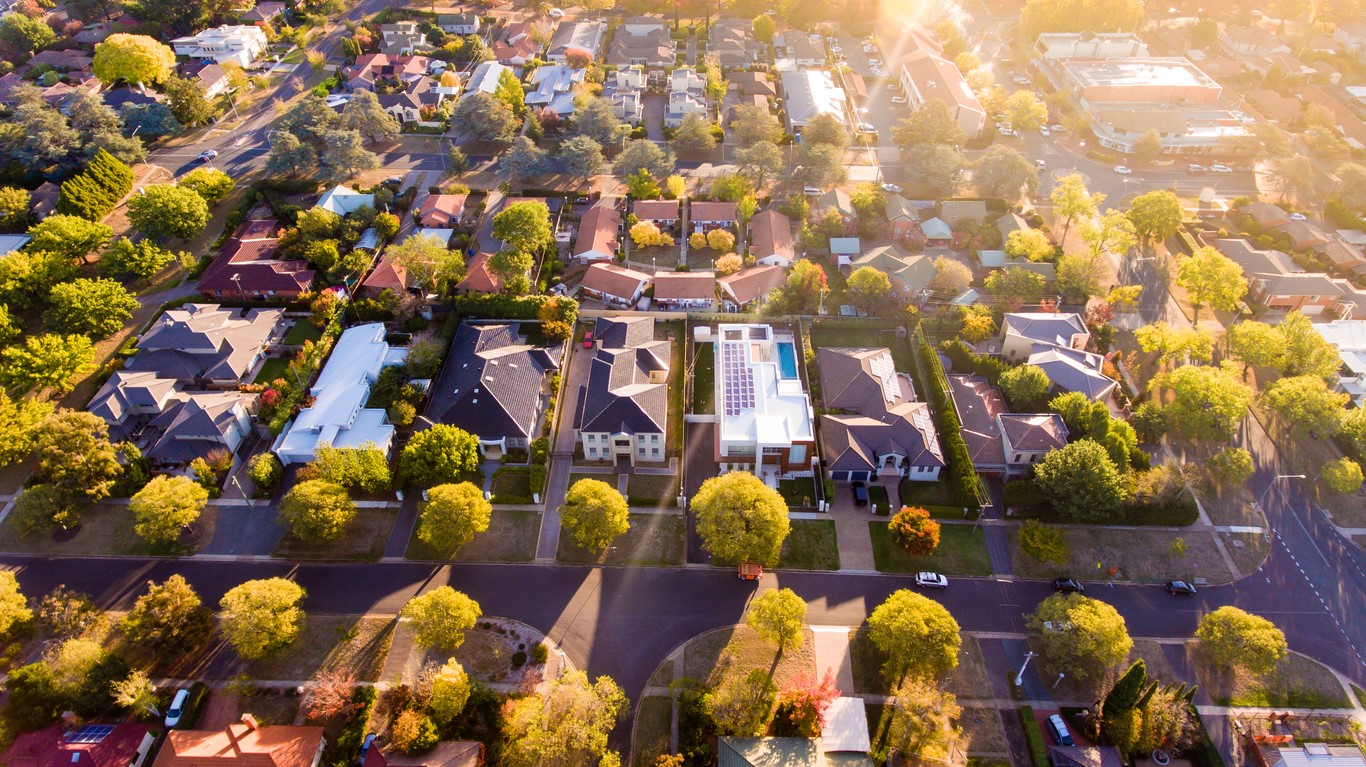When it’s time to levy a special assessment, getting support from homeowners is critical
Nobody likes to open their mailbox and find an invoice for a large sum of money from their HOA, especially if it’s out of the blue. If the board is certain that a special assessment is needed for its community, the way it approaches homeowners will make all the difference.
To get its community to buy in to extra fees, the association should approach residents with a salesmanship mentality. If it can convince them to see why it’s in the best interests of the community and their property, it will have a much easier time with the entire process.
Here are the five best practices for notifying homeowners when a special assessment is necessary.
1. Be up front and transparent
Timely communication is key. The last thing the HOA should do is just send out written notices and call it a day. Not only does that feel arbitrary, it doesn’t give residents the chance to ask questions or offer input.
Instead, when management is ready to roll out the proposal, it should gather the community for an in-person meeting – maybe more than one. It should be ready to show how the association is doing financially, and provide clear reasons why it deems a special assessment necessary.
Encourage a frank and open discussion between the board and residents. Allow members to ask questions, give their input, and process the information as a group.
2. Provide as much information as possible
Since special assessments are typically for covering a vital aspect of the property, it may affect the home values in the neighborhood as a whole – in which case residents are likely to be supportive of taking action to protect their investment. Still, many boards do not adequately prepare to make a case for their decision, and that is a big mistake.
Generally, if residents understand that their property value will be negatively impacted without the assessment, they are likely to be reasonable. To help them understand the importance of the decision and the board’s reason’s for collecting a special assessment, management should provide as much in-depth detail as it can.
It is helpful to have data, detailed plans, and visual aids like PowerPoint to get the message across.
3. Avoid surprises
The earlier the HOA can alert its members, the smoother the process will be. Especially if the fees are going to be several hundred or even several thousand dollars – many homeowners will not have cash in hand sitting around to hand over.
The entire process will be much better if the association is willing to have multiple meetings – at least three or more – to have discussions and field questions. Involving members in the dialogue around the decision will help them emotionally – feeling seen and heard is often enough to get the community on the HOA’s side.
4. Give homeowners time to process
If the HOA finds that its residents are shocked and angry, don’t be too dismayed. Given enough time, many will come to see the importance of the special assessment. In the best-case scenario, three to six months of notice, along with frequent meetings and written materials being sent out, will do the trick. That may seem like a long time, but if it’s not an emergency, it’s always advisable to give substantial time for homeowners to emotionally process the idea of paying significantly higher fees than normal.
The association should give them enough time to plan ahead for the special assessment so they aren’t blindsided by the request. It helps to have more than one meeting to talk things over and discuss the options. Remember, it will take some time for members to buy in. If the association rushes them, things can go south pretty quickly and erode the community’s support.
5. Consider offering payment options
If the HOA is going to ask the community to pay a substantial amount for a special assessment, it’s important to remember that many people will not have liquid cash on hand to cover the fees. Coming up with a large sum can be a financial challenge for some people, so it’s a good idea to consider financing options.
Offering payment plans can lessen the burden on residents and helps to ensure successful collection on behalf of the HOA. By helping homeowners manage the cost of the special assessment, the association can ease their burden and guarantee that everyone is paying their fair share.
Community support is the key to success
In the end, the way the HOA chooses to alert its residents of a special assessment will have a big impact on their support. By following these key guidelines, management can get buy-in from the community to resolve the issue with minimal resistance.
VendorSmart℠ is a comprehensive web-based marketplace that connects vendors and community managers in one place. At VendorSmart℠, we understand that third-party vendor relationships are critical to the success of any association or condo. Our software and team of industry professionals guarantee full compliance vetting for every vendor employed by your management company at no cost to you or the vendor. Want to learn more? Schedule a demo today.
